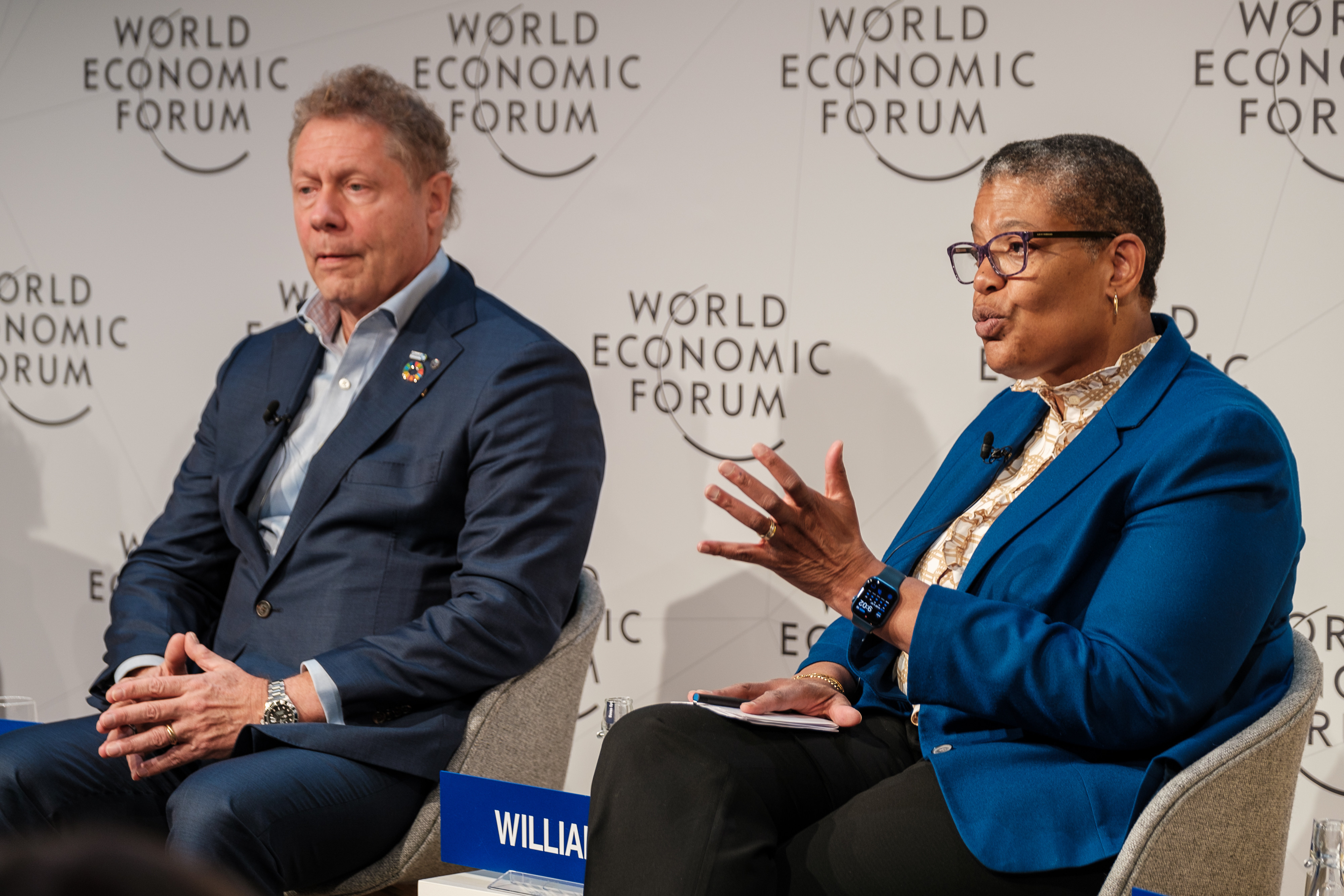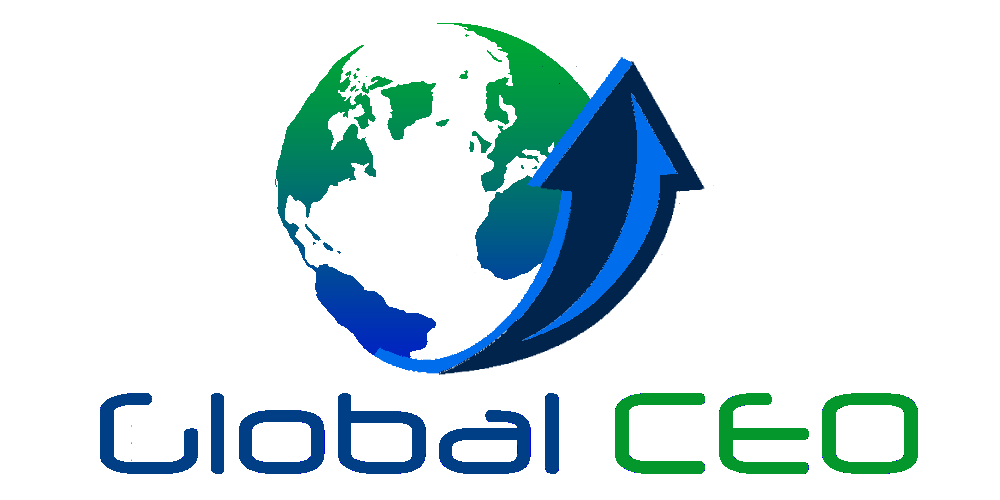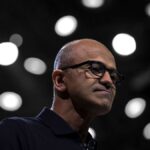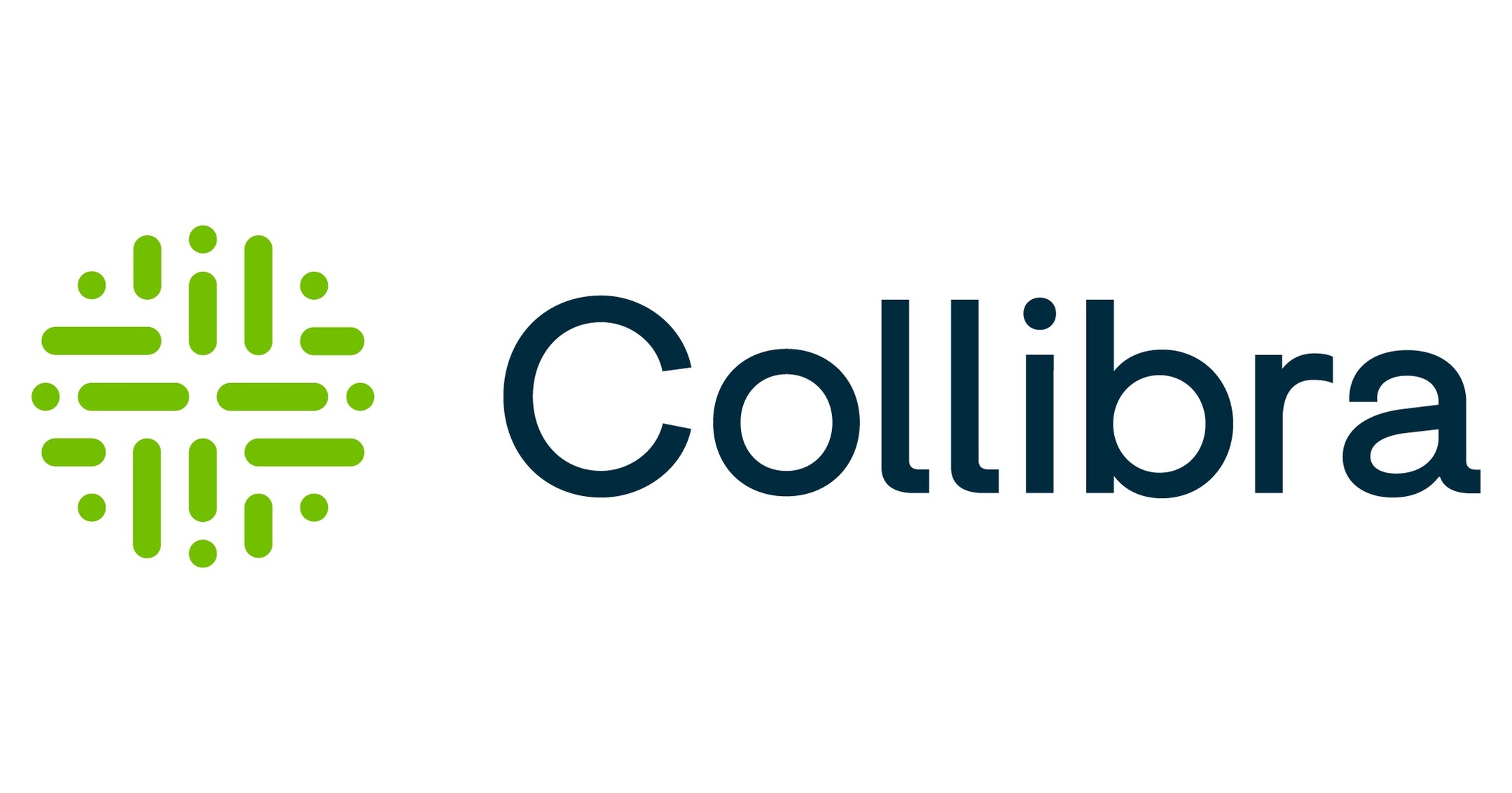Davos 2023: SII CEO Adar Poonawalla on preparing for the next outbreak
[ad_1]
- Adar Poonawalla, chief executive of the Serum Institute of India (SII), has spoken about vaccine equity at the World Economic Forum’s 2023 Annual Meeting in Davos.
- He led ‘the world’s largest vaccine maker’ during the pandemic and remains optimistic about cooperation among multilateral organizations to deal with future outbreaks.
- Covid-19 remains a topic of discussion at the Annual Meeting, with panellists warning against complacency.
“We need to keep educating people and dispel vaccine hesitancy,” Adar Poonawalla, chief executive of the Serum Institute of India (SII), tells the World Economic Forum in Davos, Switzerland.
He’s been meeting with key stakeholders in the health sector to advance vaccine equity and push for global harmonization of regulatory standards, which would allow vaccine manufacturers like him to make a better real-time impact.
“Today, we go through a WHO approval process, you don’t want every individual country asking for their own process and clinical trials,” he says. “We have to be able to accept one level of standard.”
Poonawalla is hopeful the “zero draft” of the pandemic accord, under planning by Member States of the World Health Organization, will lead to an international agreement on aspects such as vaccine certificates and approved clinical trial procedures that could cause delays at a critical hour.
“If a vaccine is approved in Europe, for example, it should be approved in the United States,” he says. “The world should have as many alternatives as possible and access to as many technologies for manufacturing.”
“Why be limited to just one or two [vaccines) when you can have access to so much innovation that’s available in the world?”
‘The virus is not done with us’
Fighting the Covid-19 pandemic remains a topic of discussion at the Annual Meeting, with panellists warning against complacency.
“Part of it is the world says, ‘we’re done with COVID.’ Of course, the virus is not done with us, and what we really need to do is make sure that policymakers understand that we’re continuing to see new variants,” Michelle Williams, Dean of the Faculty at Harvard TH Chan School of Public Health told audiences during a session entitled ‘State of the Pandemic’.
“We’ve been lucky that we haven’t had one with very severe disease, or one that can escape existing immunity.”
Michelle Williams, Dean of the Faculty, Harvard TH Chan School of Public Health, speaking at the World Economic Forum Annual Meeting 2023.

The current emergence of new sub-variants is causing concern for their increased transmissibility and ability to evade some antibodies.
Poonawalla doesn’t foresee the development of second-generation vaccines that can prevent disease and minimize transmission in the near future. “The hope is that some nasal vaccines could block transmission —and the disease from entering your system. But I still haven’t seen any good data from any vaccines to demonstrate that,” he says.
Our best option is ‘to take boosters for dealing with these variants’, as he foresees Covid-19′ will probably end up being a disease like flu’.
‘We’re prepared now’
“I don’t see it again disrupting the world stage and economies the way it did because we’re prepared now, in terms of testing and diagnostics,” he says.
“There was a lot of investment in health systems made during the pandemic across countries, and it will definitely keep us well prepared in case there are other outbreaks.”
He cites the example of Oxford’s Ebola vaccine, for which SII manufactured more than 40,000 doses in just 60 days and shipped to Uganda. “Alongside Coalition for Epidemic Preparedness Innovations (CEPI), we’ve come together and made the vaccine in less than three months.”
“Everything is now working in sync with multilateral organizations to handle outbreaks and get ahead of things instead of trying to catch up. I’m very optimistic about the way forward.”
‘The world will always be dependent on India’
Over the course of the pandemic, Poonawalla has built up manufacturing capacity in the company’s vast manufacturing plant in Pune, Western India. He says these efforts have helped reinforce the country’s image as the ‘pharmacy of the world’.
“India has 10 billion doses worth of vaccine capacity now, amongst all the various vaccine manufacturers, with the Serum Institute having about 4 billion.”
“We’ve shipped vaccines from India to the US, which was a first – it was Novavax’s Nuvaxovid vaccine. We have demonstrated quality, scale and, most importantly, efficiencies which we pass on in terms of cost-effectiveness, and that really opens up the access.
“So I think the world will always, in some way or another, be dependent on India, and it can count on India.”
Launching the HPV vaccine to prevent cervical cancer in women
Poonawalla is now taking the time to expand SII’s offerings and bring them to the world.
“I’m really excited that after about six to seven years of development, we will launch the HPV vaccine, which is a vaccine to prevent cervical cancer in women,” he says. It’s believed to be India’s first cervical cancer shot and is due to hit the market soon, Reuters reported late last year.
It will be an affordable vaccine, Poonawalla says, which will be rolled out in high capacity to overcome existing market shortages.
“We also have a highly effective malaria vaccine for the African continent, which the world has been waiting for. Currently, there is a vaccine available, but the vaccine we’re talking about is in partnership with Oxford University,” he says.
“This is more than 77% effective and has proven to have excellent results, which will be published soon.”
The World Economic Forum’s Platform for Shaping the Future of Health and Healthcare works with government and business to identify and scale up solutions for more resilient, efficient, and equitable healthcare systems.
- The Forum actively supports global vaccine delivery, contributing to COVAX having delivered more than 1 billion COVID-19 vaccines and launching Gavi, the Vaccine Alliance, helping to save more than 13 million lives over 20 years.
- Through the Davos Alzheimer’s Collaborative, the Forum is helping accelerate progress on discovery, testing and delivery of interventions for Alzheimer’s.
- In partnership with Deloitte, the Forum developed a toolkit to support lawmakers in developing successful policies on technology for mental health.
- Through its COVID Action Platform, the Forum and its partners provided solutions to navigate the COVID-19 pandemic worldwide, launching more than 40 initiatives to protect lives and livelihoods and keep workers well.
- The Forum’s Global Coalition for Value in Healthcare is working to create a more sustainable and equal healthcare industry, launching its first value-based healthcare innovation hubs to eliminate ineffective spending on global health.
- The UHC2030 Private Sector Constituency, hosted by the Forum, released a statement highlighting the role the private sector can play in achieving universal health coverage.
Contact us for more information on how to get involved.
So what’s his hope for this year’s Davos? “There are many great things that came out of Davos through collaboration, like GAVI was born out of Davos 20 years ago.
“Certainly, the decision-makers are here now. It’s just a matter of taking action. That’s what I hope happens.”
[ad_2]
Source link







